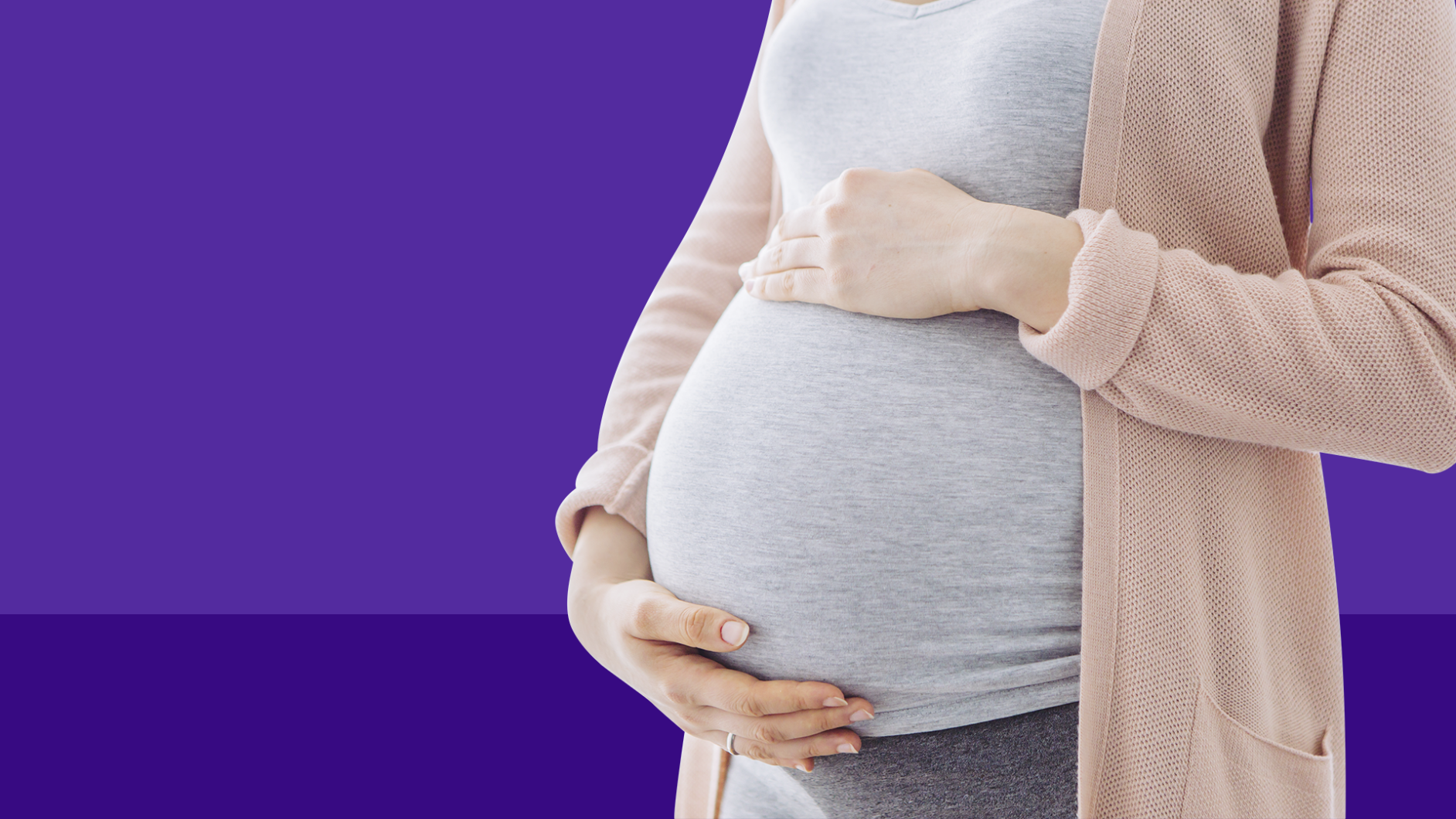Pregnancy provides all kinds of new experiences and strange discomforts—late night insomnia, morning sickness and nausea, heartburn and indigestion—but what if one of your pregnancy complaints is diarrhea, constipation, or any other changes to your bowel habits? Irritable Bowel Syndrome (IBS) is a common condition that presents itself through a variety of chronic digestive symptoms, including stomach pain, gas and bloating, diarrhea, and constipation. It’s possible to manage IBS and pregnancy, but it’s also important to take extra care and caution when identifying your symptoms if you’re pregnant.
Do I have IBS?
It is possible that you can develop IBS during pregnancy; however, it’s important to look at all of your symptoms first and discern whether there’s another underlying problem. “It is possible for patients who are pregnant to develop IBS, but is important to note that symptoms of morning sickness and heartburn are unrelated and should be addressed separately,” says Simranjit Bedi, DO, a Philadelphia internist doing a fellowship in gastroenterology. Dr. Bedi also says that ingredients in prenatal vitamins, like iron and calcium, could cause constipation. A patient who suddenly develops diarrhea shouldn’t assume that it’s IBS and should first be evaluated for other conditions.
Is IBS worse during pregnancy?
A patient who has already been diagnosed with IBS pre-pregnancy may be concerned that their pregnancy might trigger or worsen their gastrointestinal symptoms—and with good reason. Cecilia Minano, MD, MPH, a gastroenterologist at Summit Medical Group in New Jersey says, “IBS can worsen in pregnancy due to hormonal changes, anxiety, and stress.”
Can IBS cause pregnancy complications?
Most pregnant women want to know that their pregnancy side effects or symptoms won’t impact their unborn baby. “Diarrhea that is not evaluated over time can lead to dehydration and put stress on the fetus,” says Dr. Bedi, who added that prolonged constipation can increase stomach pain and discomfort, and in severe situations lead to muscle or nerve damage.
There have been mixed opinions on whether there are additional risks to a pregnancy when a pregnant mother has IBS, says Dr. Minano. One UK study found that women who have Irritable Bowel Syndrome are at higher risk of miscarriage or ectopic pregnancies. Another study says that research has been limited on the impact of IBS on pregnancies.
Dr. Minano says that the UK study that linked IBS with an increase in miscarriage might not necessarily mean that the risk is associated with IBS symptoms. “The authors acknowledge additional factors could have played a role in these outcomes including depression, smoking, or other medical conditions,” Dr. Minano explains. “It’s important to maintain good prenatal care, so your doctor can monitor and treat any underlying or new gastrointestinal symptoms.”
What are some treatment options for IBS during pregnancy?
A pregnant woman who is experiencing IBS symptoms will ideally find a solution and treatment plan to ease her symptoms and make her more comfortable. If she does not have a history of IBS, the first step is to consult her physician for further evaluation and management.
“If you have IBS and are already on medications, you should talk to your physician to see if it would be advisable to continue taking the medication,” Dr. Bedi says.
Before changing your diet, keep a food journal to record which foods seem to cause what symptoms, and talk to your doctor about what you find. Patients will likely be asked to introduce lifestyle changes to try and manage IBS symptoms. Some lifestyle changes that can improve IBS symptoms in pregnancy include:
- Eating small, well-balanced meals
- Have a consultation with a dietician to identify food triggers and ways to improve your nutrition
- Increasing fiber (like whole grains, barley, broccoli)
- Trying psyllium husk powder, to add fiber
- Drinking plenty of water
- Maintaining physical activity, like walking
- Reducing dairy
- Taking stool softeners (if constipated)
- Taking laxatives, like Miralax (if constipated)
- Taking a probiotic
- Finding relaxation techniques to manage stress
- Considering the low FODMAP diet
You may also be able to take a stool softener or laxative, like Miralax, if constipated—but you should always speak with your doctor before starting any vitamins, over-the-counter medications, supplements, or therapies.
Dr. Bedi and Dr. Minano say that there are a variety of medications that are prescribed for patients with IBS that are likely safe during pregnancy; however, it’s important to discuss your medications with your doctor. These common IBS medications might not be safe for pregnancy:
- Amitiza (for constipation)
- Linzess (for chronic IBS and constipation)
- Rifaximin (for diarrhea)
- Dicyclomine (for IBS)
“Patients need good prenatal care and the ability to speak openly about all symptoms whether they may seem embarrassing or not,” Dr. Minano says.











